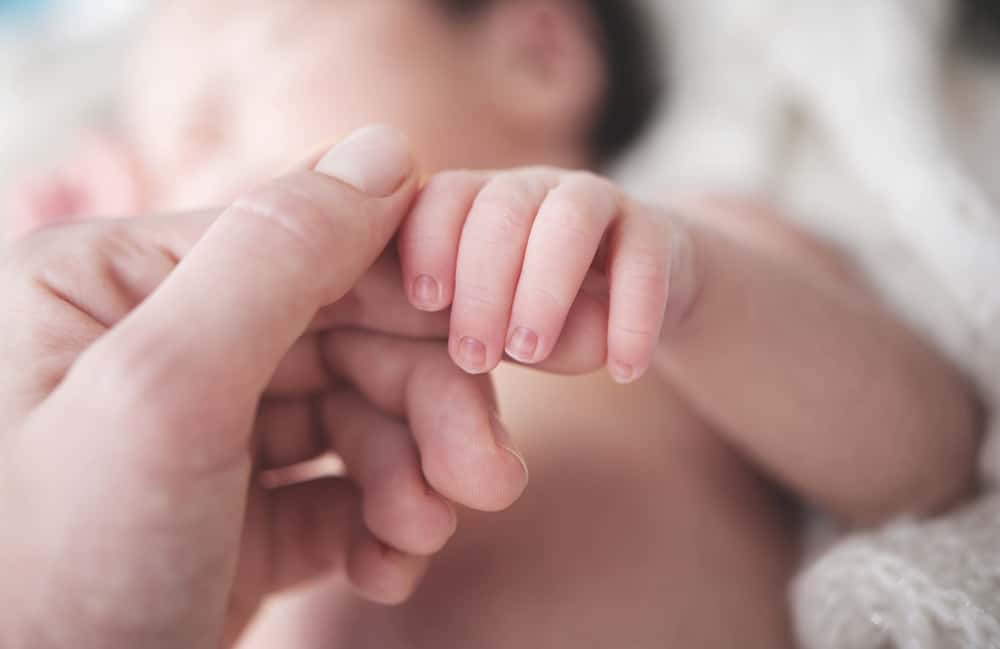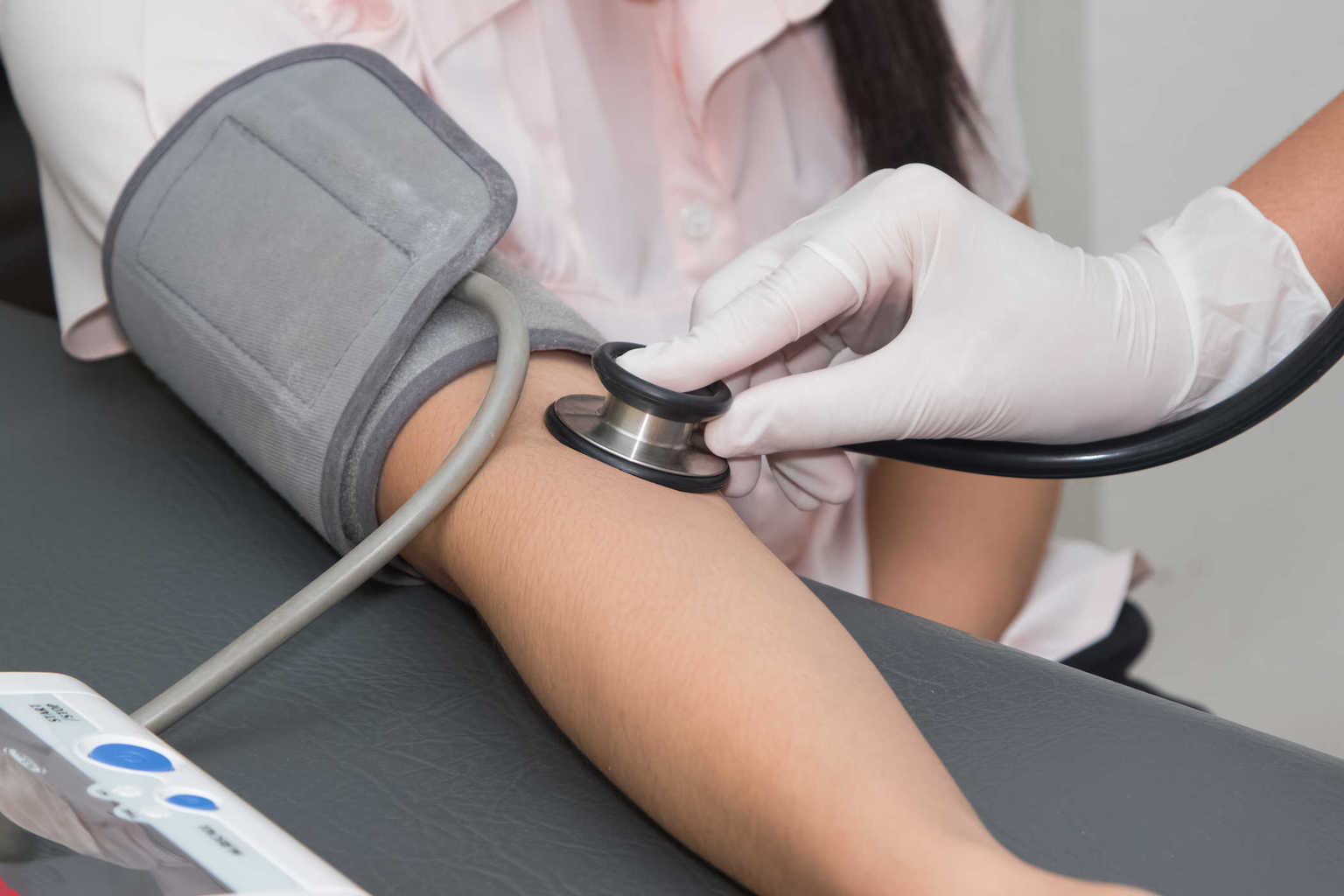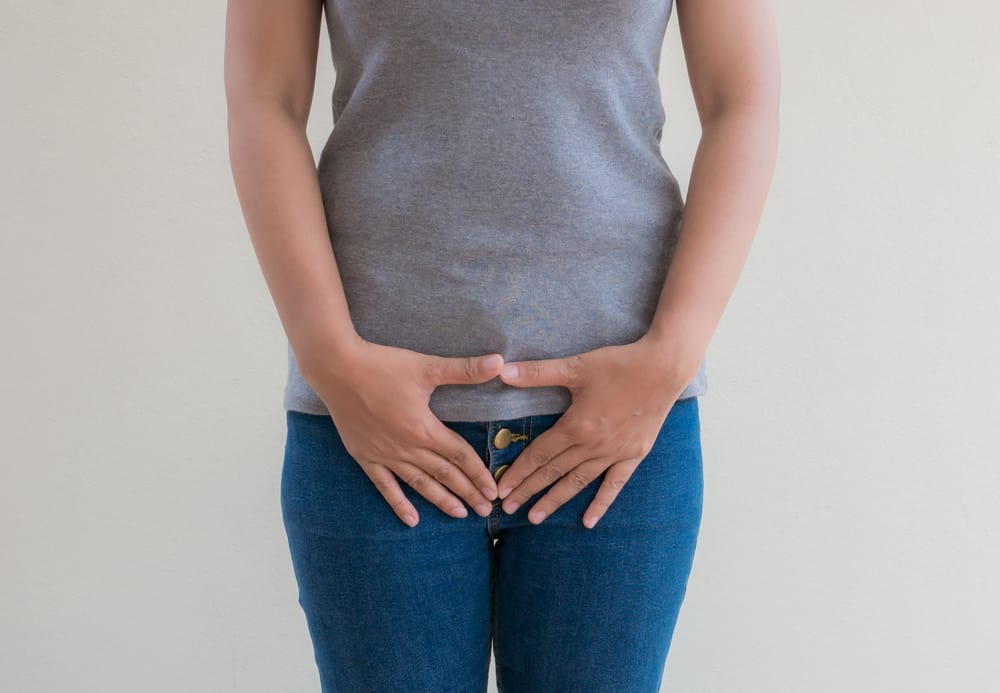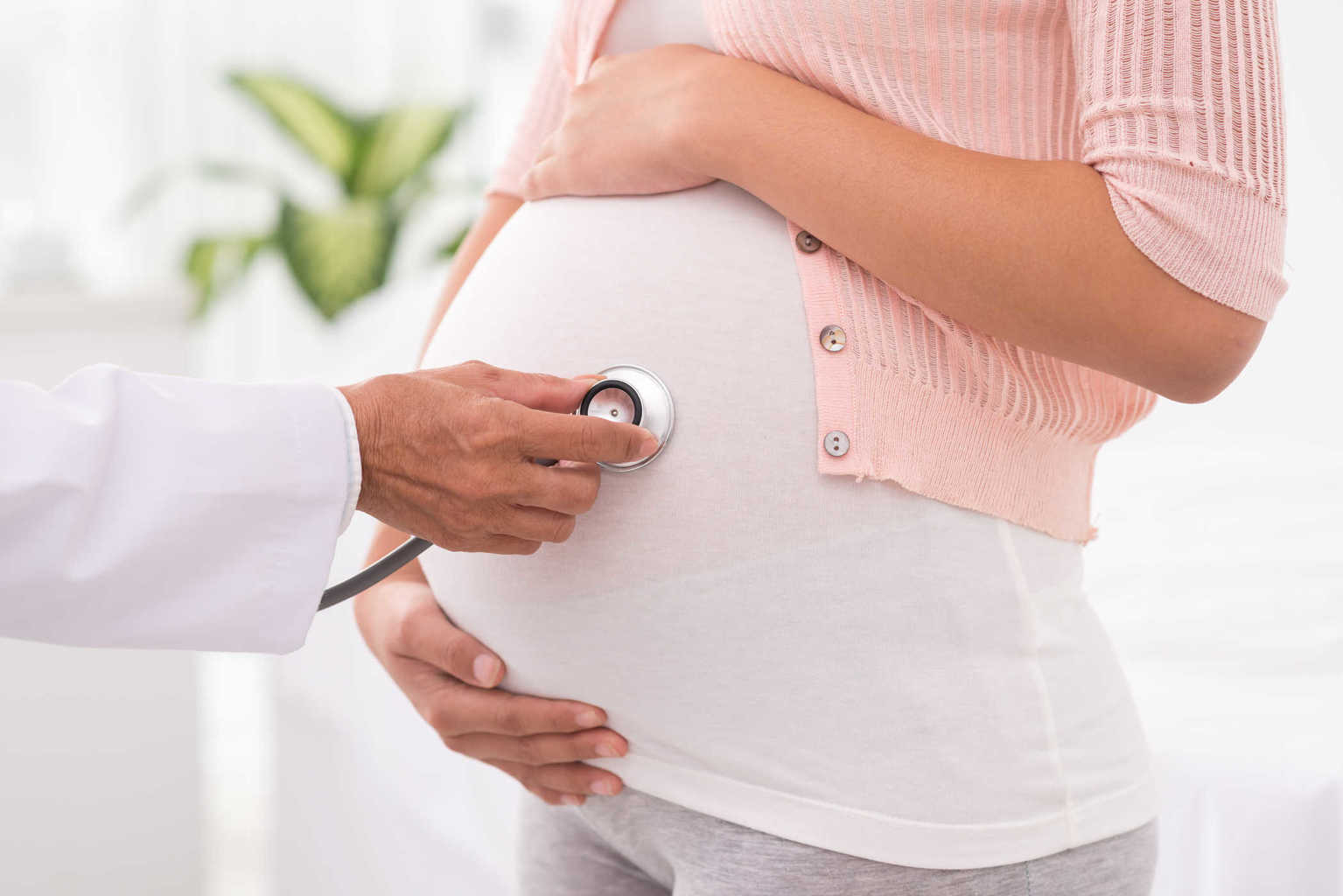Contents:
Medical Video: Baby closes her hand into a fist
Have you ever realized that when you tickle a baby's palm, or extend your finger to hold it, the baby's palm is clenching so tightly like super human strength? Even so strong, the baby's fist is able to support all of his own weight (but don't try it at home!).
What causes the baby's hands to clench at birth?
Your baby's hands will remain tightly tight during the first month. And if you try to remove the grip or put an object in the baby's hand, you will realize how strong the little fist is. This is all thanks to the reflexes of Palmar grasp - your baby will not be able to accidentally hold objects for a while.
Palmar grasp reflexes, sometimes called grip reflexes, are one of the primitive reflexes of humans originating from the central nervous system and are only exhibited by babies in response to certain stimuli. When the baby's hand is given a stimulus - tickled or an object is placed in the baby's hand - the baby's fingers will automatically close and grip it. Palmar grasp begins to develop in the womb at the age of 16 weeks of pregnancy and continues for approximately six months of age after birth. In older children and adults, this response no longer exists due to the development of the forebrain maturity.
This is the same reflex that prevents it from opening the hand, because the sensation of the fingers touching the palm of the hand acts as touch stimulation, causing the baby to hold his hands tightly and allow them to clench continuously. In addition, after the first few weeks of life, newborns do tend to maintain their position just like in the womb. They will keep the hands and feet close to the body, and both hands clenched tightly.
It will take a little while until your baby can fully control the movements of his limbs. At around the age of six weeks, he will hold one hand with the other and try to open it himself. At the age of six months, the baby will generally be able to hold the object between his finger and thumb. He will also learn to let go of his grip.
Not only happens to human babies
The Palmar grasp reflex is thought to be present as an instinctive instinct to prepare the baby to hold his palm and release it voluntarily as soon as he grows up.
The most likely explanation will probably come from a study that says that the baby's hands are clenched at birth because the baby monkey does it for reasons of survival - and the monkey is a close relative of humans. Or, more precisely, modern humans evolved from the human-ape lineage (homo sapiens) which had lived more than six million years ago on the face of the earth.
Baby monkeys must hold tightly the thick feathers of the mother to survive and not be left behind from the herd. And not only that, but in order to be able to stick tightly to the mother, the baby monkey must be involved in maneuvers and risky positions. Without a firm grip on his fist, he would be easily detached from their parent's arms when he was hanging upside down on a tree or running away from predators. In other words, having a super strong fist can guarantee the safety of a baby monkey both when you wake up and fall asleep.












